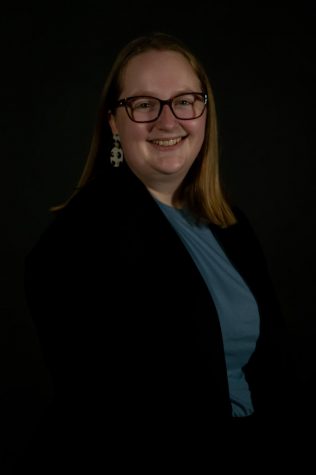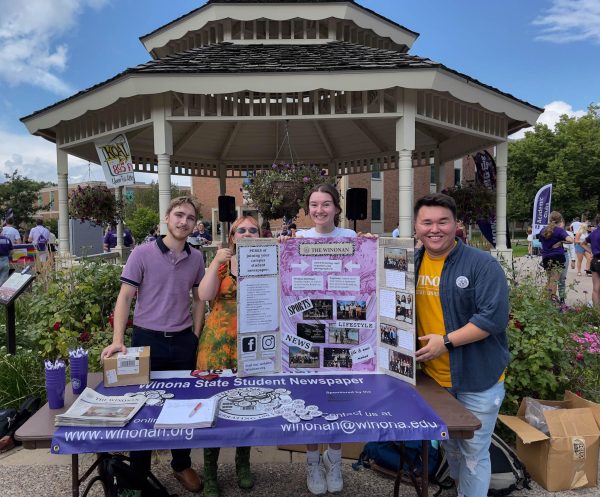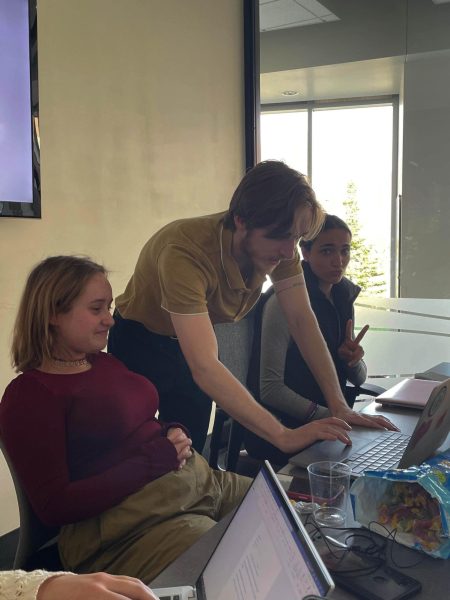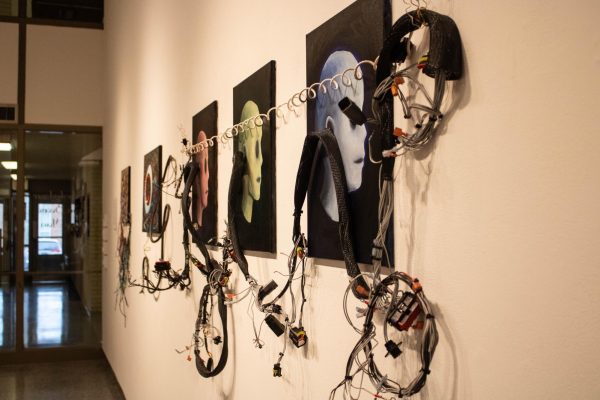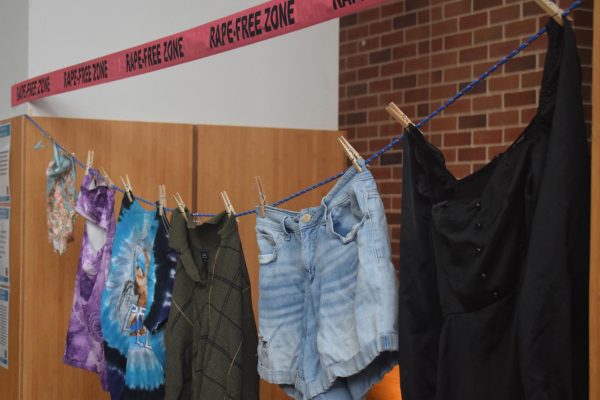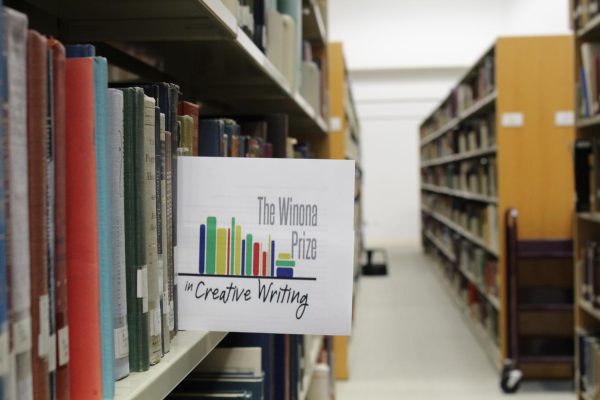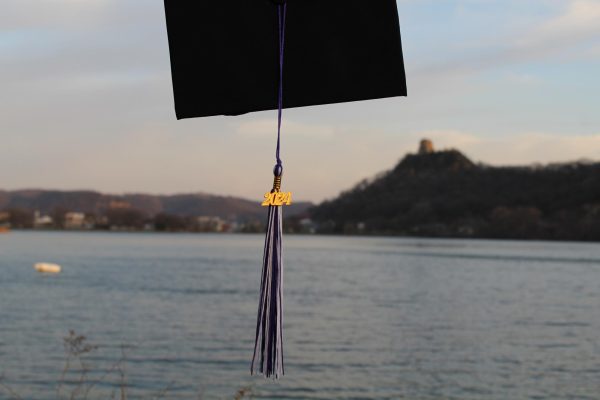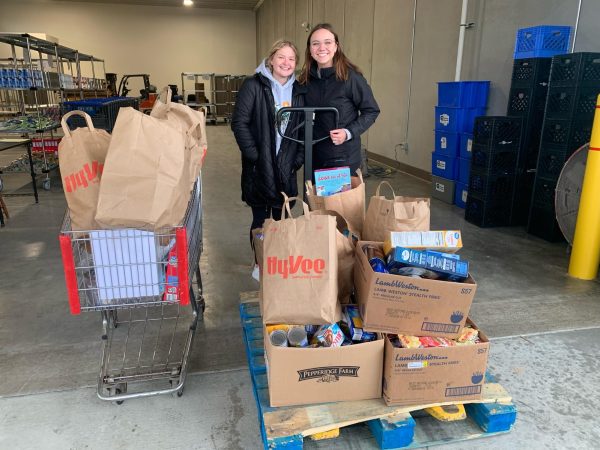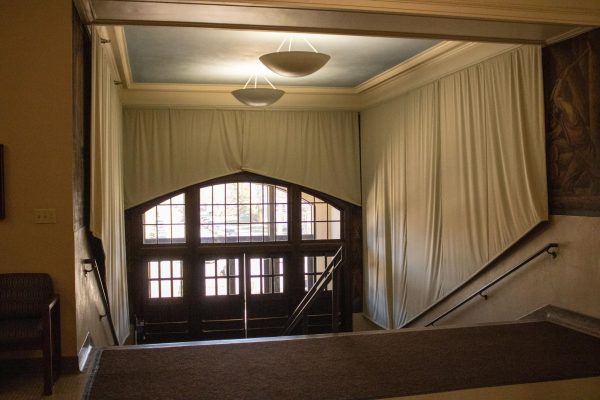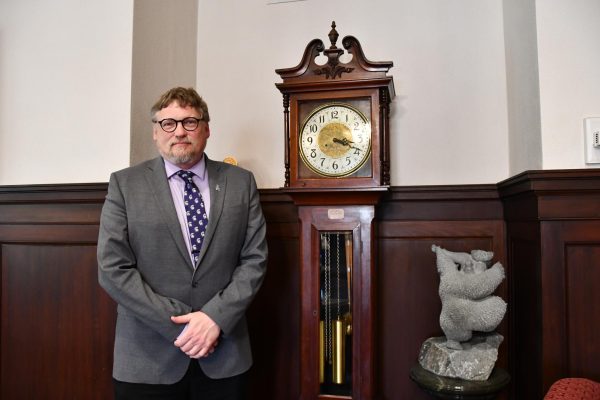Counselors combat election stress
November 11, 2020
Many Winona State University students and staff alike have faced stressors associated with the 2020 presidential election, COVID-19 and day-to-day worries about how to teach and learn in an online capacity.
To combat this, Jamie Sanders, a Winona State counselor, worked to create the Election Stress Coping Conversations series. This one-hour Zoom call acts as a safe space for attendees to voice feelings and destress.
The first event of the series was held Tuesday, Nov. 3 from 2-3 p.m. Subsequent events will also fall on Tuesdays continuing Nov. 17 from 2-3 p.m.
Sanders said she was able to move quickly into the process of planning the conversation series.
“[I want to] support students individually about the stress and worries they have about our nation’s future throughout this academic year,” Sanders said.
At the end of the first meeting, Sanders said attendees had observed benefits to their mental health.
“All students that were present for the entire first conversation hour expressed that their stress and anxiety was reduced by attending. Students were able to support each other through compassionate listening and we identified ways to reduce feelings of helplessness,” Sanders said. “We also identified ways that social media can be used as a tool for change and hope, and how to limit social media and other media when it is causing anxiety that leads to inaction.”
Additionally, Sanders mentioned why she chose a group format as opposed to single-person appointments.
“Students supported and strengthened each other,” Sanders said.
Election stress can particularly affect students who are politically active on campus.
Danielle Kisling, third-year therapeutic recreation major, serves as President of the College Republicans at Winona State.
Kisling said she founded the club last academic year because she wanted to remain politically active.
“The club is meant to allow all voices to be heard and give students a chance to not be overpowered, especially on such a liberal campus,” Kisling said.
In regard to election stressors, Kisling said she is not always “forward” with announcing her involvement in College Republicans.
“Conflict on campus can be stressful. I want to make sure all people’s opinions are respected and it can be hard during such a stressful election like this one,” Kisling said.
Kisling said her political affiliation differs from many on campus, but mental health is more important.
“Put your mental health over politics, for the sake of yourself. But also, support the coming together of those in groups like College Democrats or Republicans because they provide a backbone of support,” Kisling said.
The Winona State College Democrats club were unavailable to comment.
Sanders mentioned that student leaders were approached to promote the conversation series.
Emily Jacob, a third-year biochemistry major, is president of Active Minds at Winona State, a club centered around reducing stigma around mental health and connecting people who seek help and support.
For her, the election season has shown an uptick in her personal life of check-ins from friends and peers alike.
“Especially with the delay in polling results, it’s been good to talk to people about what you’re feeling,” Jacob said.
Alice Bygd, second-year graduate student, currently works in a graduate assistantship for her counseling education program. She is also an assistant supervisor for the Winona State’s health and wellness faculty and staff advocates.
Bygd said she noticed two main types of reactions to the election cycle in terms of mental health.
“If people are not super engrossed in mental health, it’s not affecting them as much. For the people who are a little more in-tune with mental health and self-care, I’ve been noticing the deleting of social media and coping that way,” Bygd said.
Bygd also mentioned the term self-care can be a “buzzword.”
“Being a student, you can’t just skip class to have [a mental health day]. We should try to focus on smaller self-care activities. Maybe it doesn’t completely fill your bucket because it’s so depleted, but it helps a little bit,” Bygd said.
Bygd suggested small acts like short laps around the study environment, spending time with family or pets or stopping to play a quick game to promote mental health breaks.
“We’re all busy. Maybe you don’t have time to go draw a bubble bath, but you might have time for a level of Candy Crush. The little things are as important as the big ones,” Bygd said.
In terms of general reactions to coping with election stress, students expressed a range of emotions.
Justin Kostecki, fourth-year creative digital media major, said the pandemic has allowed more time to stay informed.
“I allow myself about an hour a day to inform myself of the political happenings. I like to see it out though instead of it popping up,” Kostecki said.
Zach Hanson, third-year, majoring in criminal justice, said that the election cycle coinciding with COVID has made him look more closely into “non-mainstream media outlets.”
As a last word from Sanders, she said reaching out for help is the best way to find support.
“We are pained by the hurtful conflict in politics and on social media, and we are seeing first-hand how government approaches can help or harm us. We are feeling disconnected from others due to pandemic safety or political differences,” Sanders said. “All of this stress makes mental health a top priority! One of the best ways to look after our mental health is to find connection with others, so I hope to offer more opportunities for students to connect and support each other’s mental health.”























































